If you are seriously in to build any kind of long-term success online, mastery of EEAT is a non-negotiable asset. Why? Because it’s not about SEO. It is literally the bedrock for all that matters about online credibility and reputation for you or your business.
In this post, we are going deep into what EEAT really means and most importantly how you as a SEO Malaysia pro can apply it to supercharge your site and brand. Let’s get going.
What Is E-E-A-T?
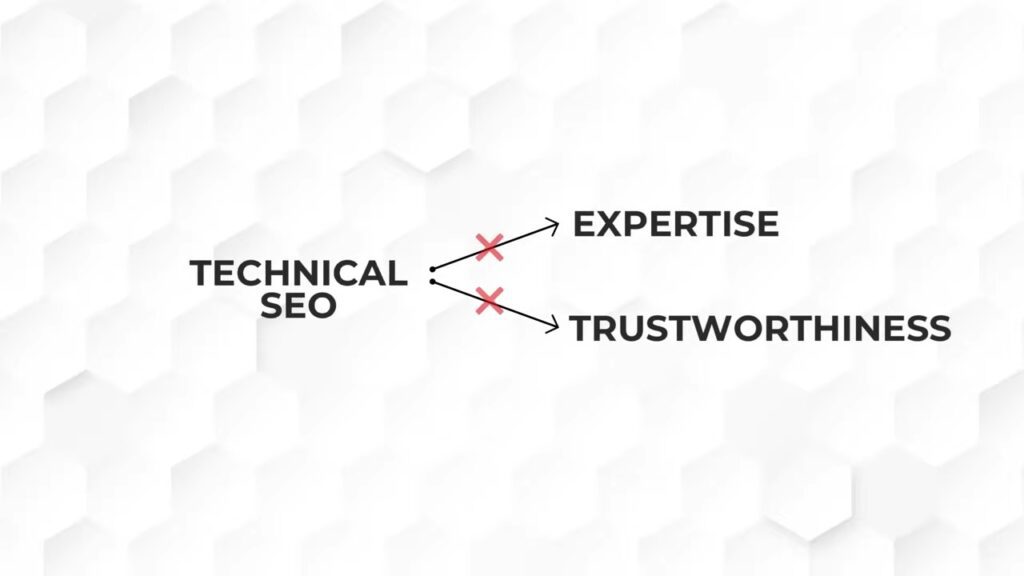
EEAT – what does it stand for? It stands for Experience, Expertise, Authoritativeness, and Trustworthiness.
It is a set of guidelines available to you and me in a 170-plus-page document; it’s also used by third-party human quality raters from all over the world employed by Google to assess the quality of sites.
Their assessment helps shape the search engine algorithms.
Now, just to be clear, EEAT is not a ranking factor. It is rather not a rule per se but more of a guide to give users and search engines an idea of the trustworthiness of a website.
That is highly important in sensitive topics such as health, finance, personal safety, etc. These topics are what we call YMYL topics. That is “Your Money or Your Life.” You do a search, for example, because you have a heart attack. You want to know what to do.
You don’t want results like “just breathe, just take a deep breath,” right? If you do that, you are gone. That’s part of the reason EEAT exists-to assess information quality, knowledge, and advice-so that low-quality information will not surface when searched for sensitive topics.
Related: Are you making these SEO mistakes?
Experience
Let me explain each element so that you can understand why this concept matters. Let’s start with experience. We are not only talking about work experience.
It can be your experience in a hobby, with the use of a product, or even in your personal life.
Suppose you have created a website and are writing about a hobby you enjoy, say growing vegetables.
Experience here would be the time you have invested and what you have learned from this journey of yours in growing vegetables. Will a novice, wanting to learn to grow vegetables at home, learn from some other person who hasn’t tried it out?
Of course not. People love to learn things from others who have walked the journey, and someone with no firsthand knowledge may commit mistakes or provide faulty information.
Did that happen with you?. You’re learning something from someone, and they give you step-by-step instructions about how to do it, but you never really get to complete a thing because they missed a lot of steps in between, and you realize that they never actually did it successfully themselves.
Or there is some fellow over there talking about some product or service, and all he does is hype everything, just so that you buy the product. He gives you all the information that is in the public domain.
They rarely discuss issues which you should consider before you buy. It is only later on, after you have bought your product, that you realize this fellow who was promoting it to you never really used it before.
The experience part of the guideline is there to assess the content creator’s experience on the things they are talking about. They will be checking for unique insights, authentic images, and sharing personal experiences in the subject matter.
Related: Find the right SEO keywords for your website with these tips.
Expertise
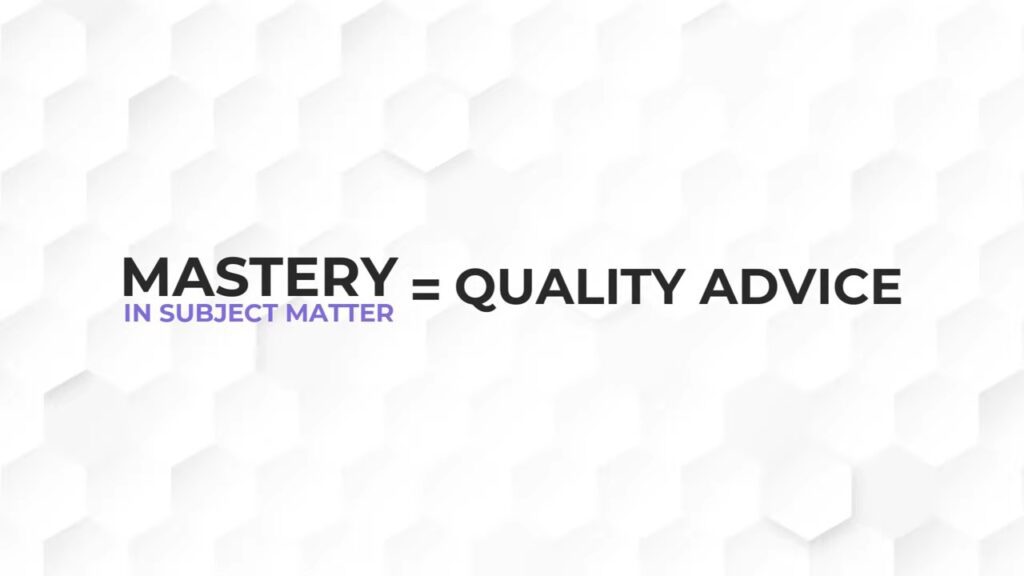
The next element is expertise. Experience is not nearly enough because anybody can have a five-minute experience in anything. Well, it’s only when you’re masterly at a subject or topic that quality advice can be afforded-and that’s what Google and other search engines are looking for.
Think of being an expert like highly skilled at your favorite video game. You don’t get great once or twice times. It takes time, practice, and devotion to master all the characters, strategies involved, and even some hidden tricks on the way.
That’s what we mean by expertise in the online world, too. It’s about knowing your subject inside and out.
So, how do Google spot real expertise? They look at things like the depth of your content. Do you provide detailed, helpful information?
They look at your background. Do you have relevant experience and education in your topic? Here’s where LinkedIn and other sources will be helpful.
We’ll discuss the actionable ways to optimize for EEAT later. Do you reference information from credible sources? Do other trusted practitioners in your field support what you say, too?
They also consider user engagement: Do people take and spend time reading your content, and find it useful?
Authoritativeness
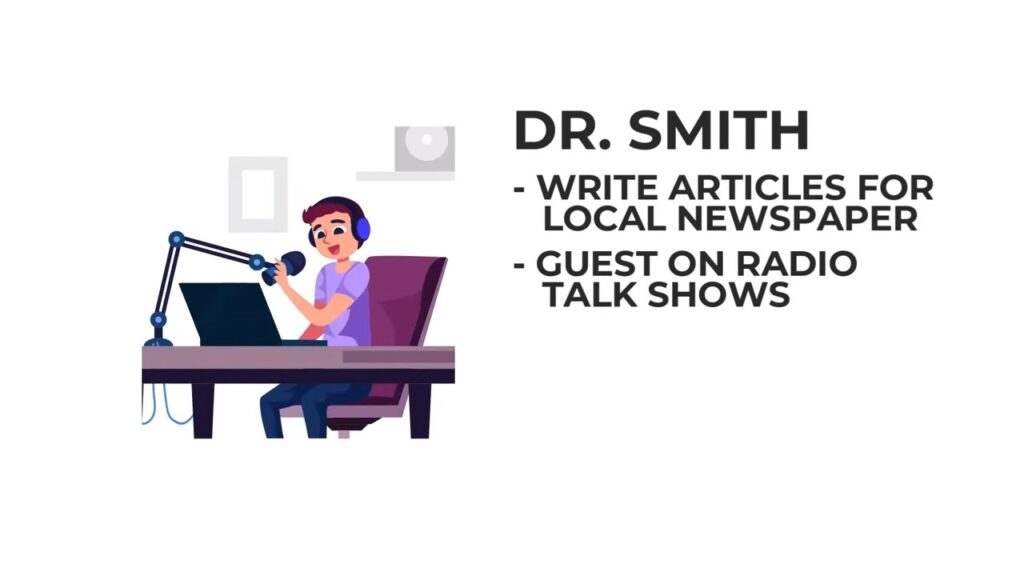
The second element is authoritativeness. Now, suppose there are two doctors in your town. They both attended excellent medical schools and have been seeing patients for many years.
Both are experienced and knowledgeable-what we consider experts. But how does Google choose which one to display first when a person is searching for information about a medical topic?
This is where the factor of authoritativeness comes into play. Let’s say Dr. Smith has been writing articles about health topics on a regular basis for the local newspaper. He has appeared on the radio to give advice on how to maintain good health.
Perhaps he has a YouTube channel where he explains, in simple terms, various medical concepts. In contrast, Dr. Jones is a good doctor but nothing more. He does no extracurricular activities and confines his attentions to merely treating his patients who come to see him in his office.
Now, does this mean that Dr. Jones is worse as a doctor? Not at all. But to Google, Dr. Smith more would appear to be an authority. He is out there, publishing and sharing his expertise with the world. He is more visible, and it is easier for Google to see him as an authority.
There is a hairline difference between good reputation, authority, and experience/expertise. You might be a fake-it-and-make-it type of person, whereby you build a good reputation, but that doesn’t mean you have experience and expertise.
In all of the elements of EEAT, no single element is stand-alone with regard to doing quality rating; all of them will have to be there for high quality rating.
Authority would relate closely with link building.
Backlinks from authoritative sites tell Google that your content is credible and worthy and may help throttle up your rankings. A site that consistently ranks for expert-level topics in its niche creates a strong signal of authority.
Trust
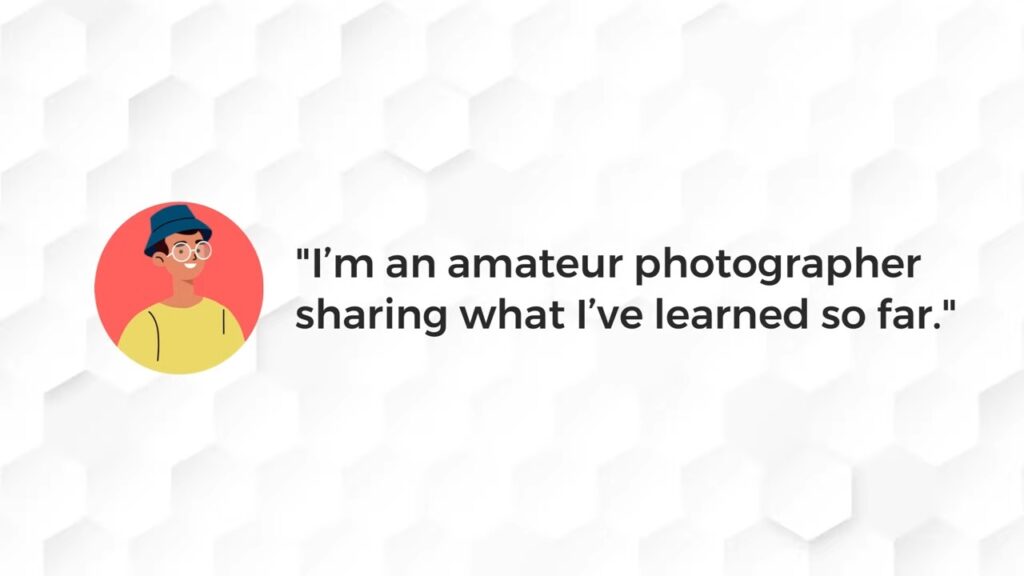
The final component is trust. If you’ve nailed the above three, trust shouldn’t be much of an issue. It’s about proving to your audience that they can believe what you say, and that they can be safe when on your site.
For instance, if you run a blog about photography tips for beginners, well, you’ve got to be upfront about your experience.
If you yourself are still learning, then say so. You could write, “I’m an amateur photographer sharing what I’ve learned so far.”
This will build trust with your audience. If you are reviewing some high-end camera that you have never used, be forthright about it. Say, “Though I don’t have personal experience using this particular professional-grade camera, here is what the experts are saying.”
If some camera company gives you a free tripod to review, let your audience know. This comes along with so much integrity, as well as your audience sees through your contents how forthright and transparent you are.
When your audience can trust you, they are likely to return for more information. Google utilizes the following user signals: reviews, user feedback, and security features, to help determine the site’s trustworthiness.
It also means that the more robust security your site has, clear ownership information it shows, and good user interaction over your site, the higher it will rank.
1. Show Author Information
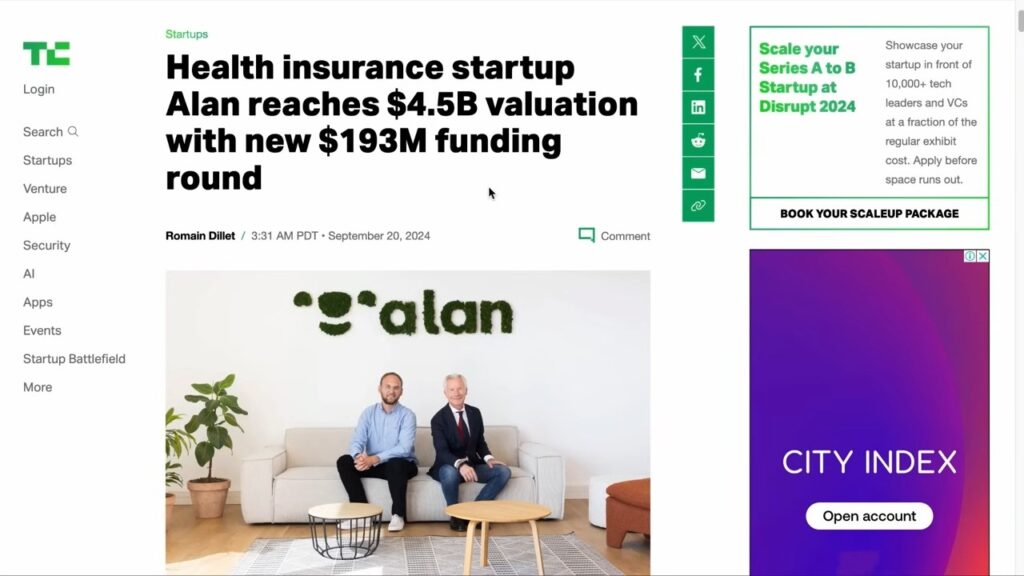
Now that we know what EEAT is, let’s discuss a few ways of improving EEAT. Improvement in EEAT for your website has to be multi-faceted. The first step involves showing the author information.
In most authoritative blogs, such as TechCrunch, anytime one is reading an article, one always sees who the author is.
If you click the name of the author, it will link to a page describing who the author is. What we call an author archive page, since it archives the list of blog posts the author has written.
This is very important, especially when one writes about sensitive topics and expertise.
You should indicate who the author is of this page, and it should be reviewed by a professional or expert in the topic.
This is important because, as you click on the medical reviewer or on an expert profile, it shows all his or her credentials, thus making you feel at ease with what you are reading.
Author SEO is a big topic on its own. It also covers multiple authors and reviewers on your content.
2. Update Content Regularly
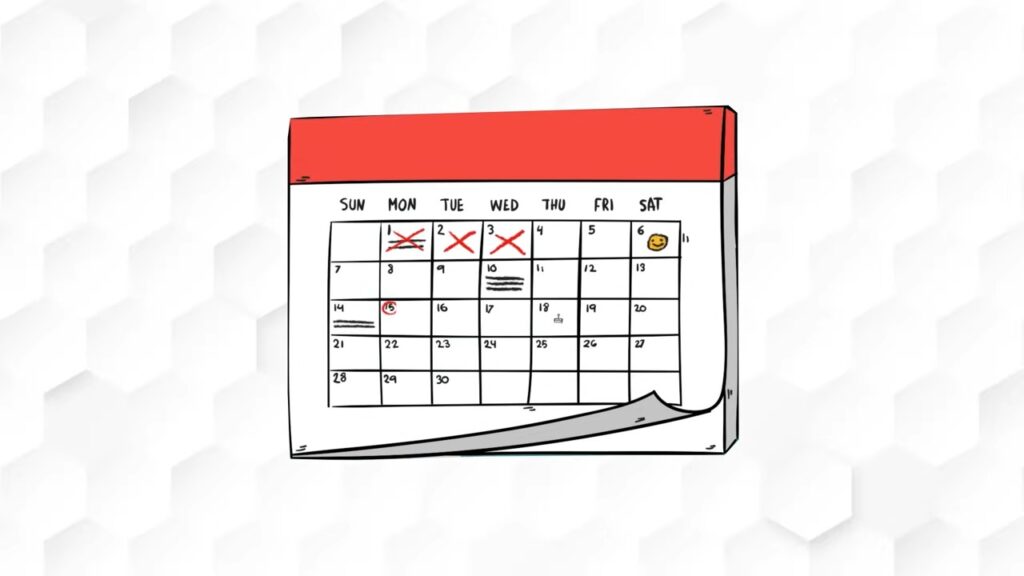
In addition, other than writing out your content to the best of your ability, you should also cite reliable sources-meaning, add external links to your content to support your claims and provide further information.
This practice not only strengthens your content, but also serves to indicate to your readers that you have done your homework and are not just making it up as you go. Not all sources are equal; unless from recognized experts in the field, you would want to avoid using random blog posts or social media as sources.
3. Encourage User Review & Feedback
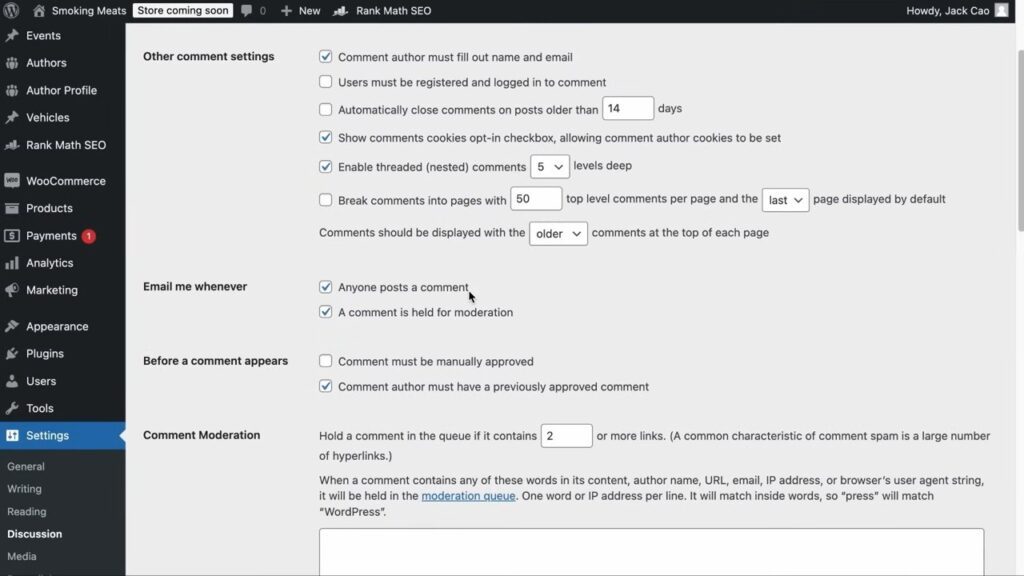
Relationship building with other authoritative sites in your niche is crucial for improving authoritativeness. High-quality backlinks are like an act of assurance from other reputable websites.
Once they link to your content, it sends search engines and readers a signal that your site is trusted and worth value. Honestly, this is so much easier said than done.
Unless you actually know a couple of experts in your niche or industry owning a website, it is rather difficult to obtain quality backlinks, especially for new sites and websites with not so much authority.
Now, if you are a new blogger trying to reach out to people requesting them to link back to your site, the most probably will be ignored. Following are three tactics to consider:
Guest Blogging: Create well-worth guest blogging on top sites within your niche, where you can promote yourself as an SME and get noticed, and get backlinks.
4. Reach Out
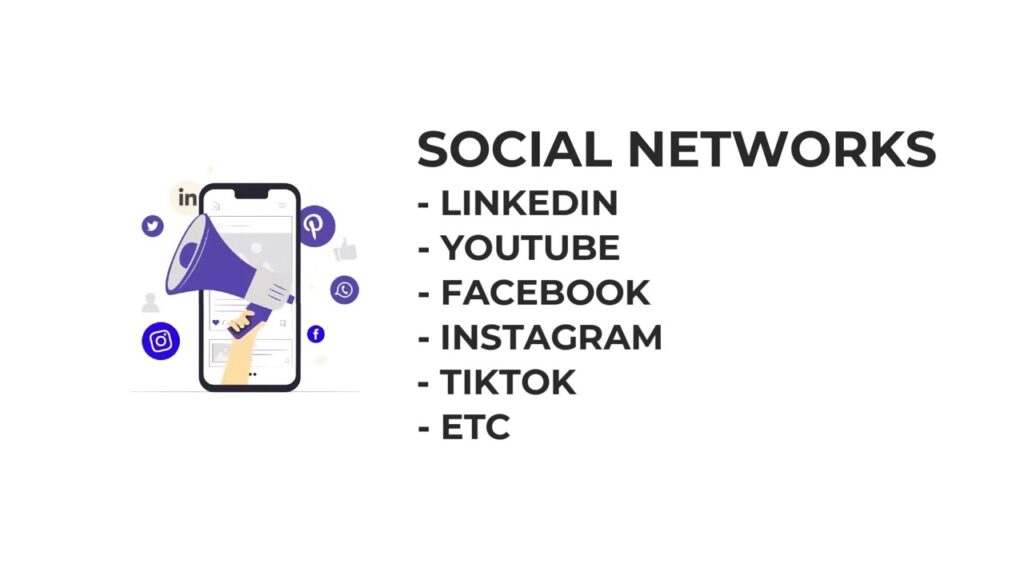
Outreach: Reach out to influencers and experts in your field. Share with them your insights and ask if they could be interested in linking back to your work.
Content Marketing: Create high-quality and deep content, which naturally earns links.
5. Create An About Me Page
The last strategy is to have an authoritative page on your website. It could be a dedicated page to your expertise and experience, for example, an ‘About Me’ or an ‘About Us’ page.
This should bring out the qualifications, experience, and some of the notable things you have done. The more you say, the more you gain trust from your audience.
Mastering EEAT will give you a ticket to start building trust and authority online. Instead, focus on actual experience, expertise, authoritativeness with strong backlinks, and trust via transparency and honesty.
These are just not optional tips if one aims to succeed for the long term but actually fabric for leaving a footprint in this digital arena. Thanks for watching, and if you have any questions or would like to share your tips, then please do so in comments below.


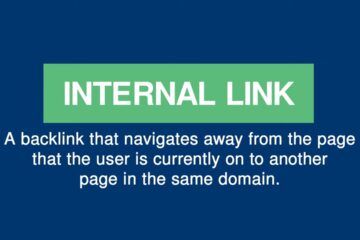
0 Comments